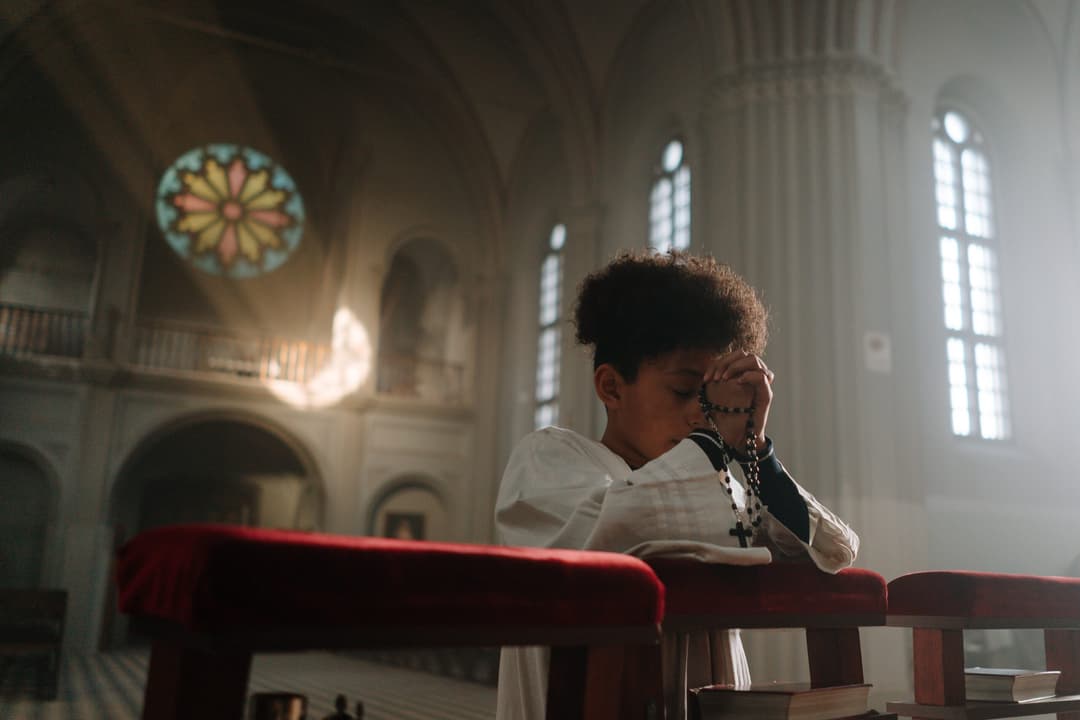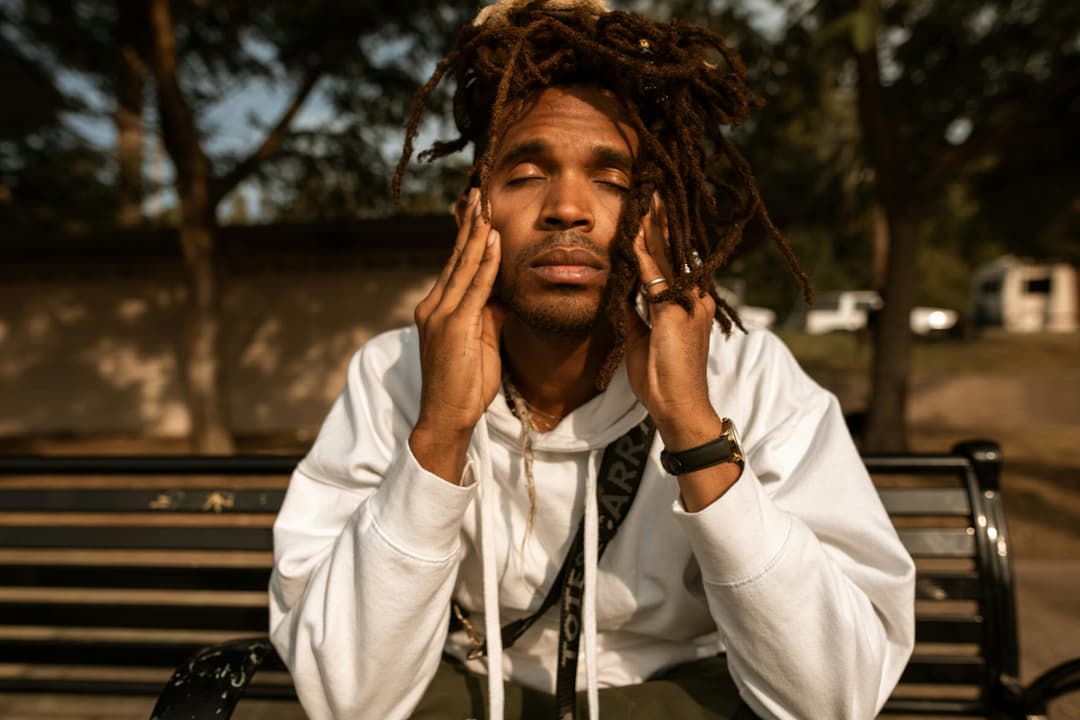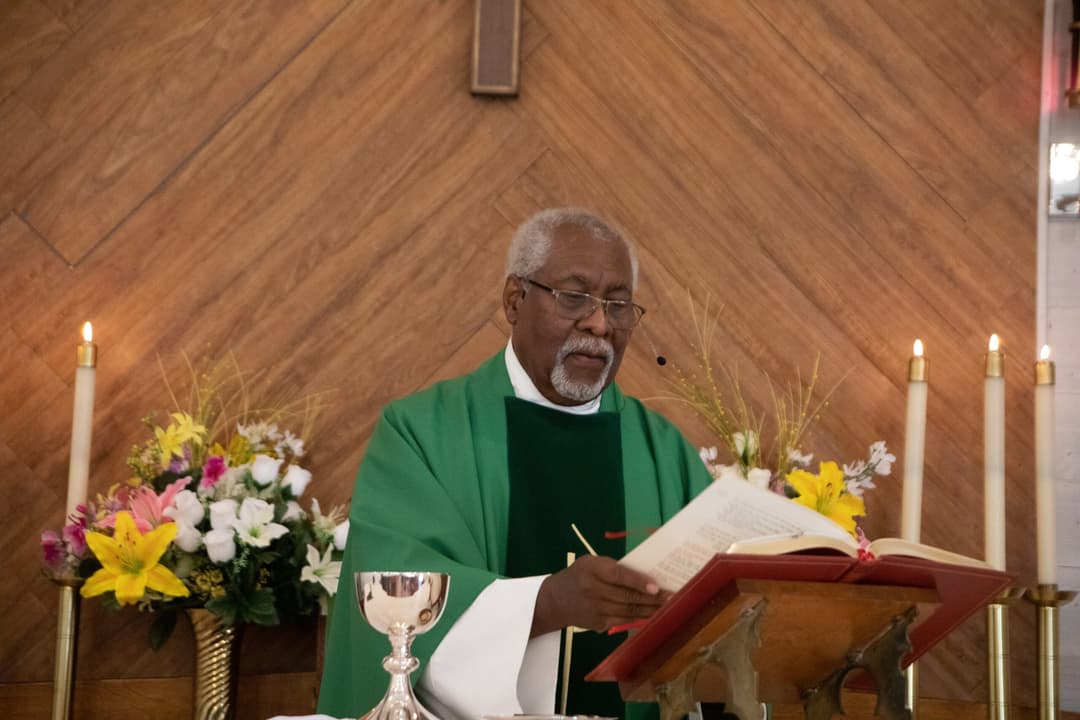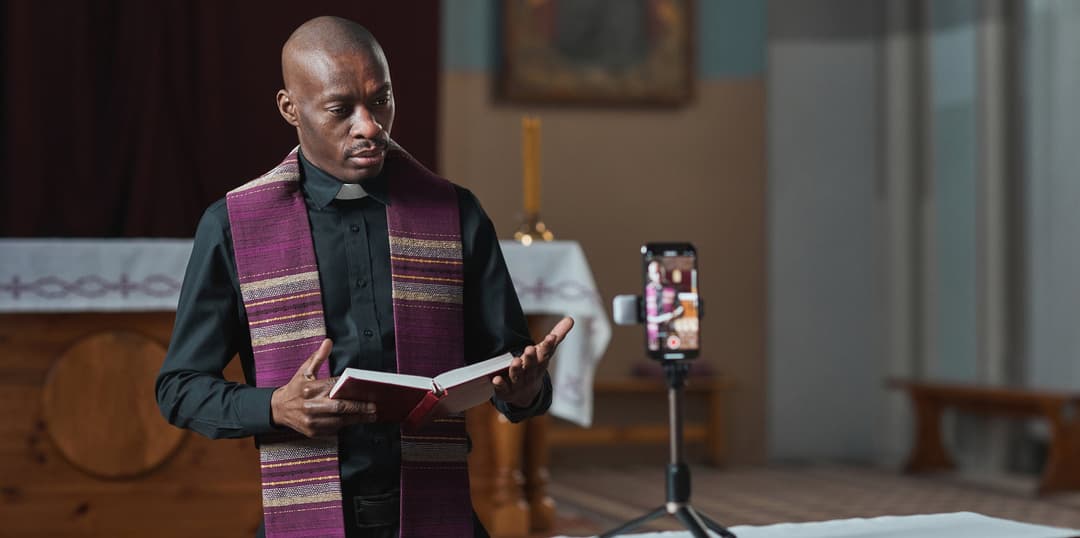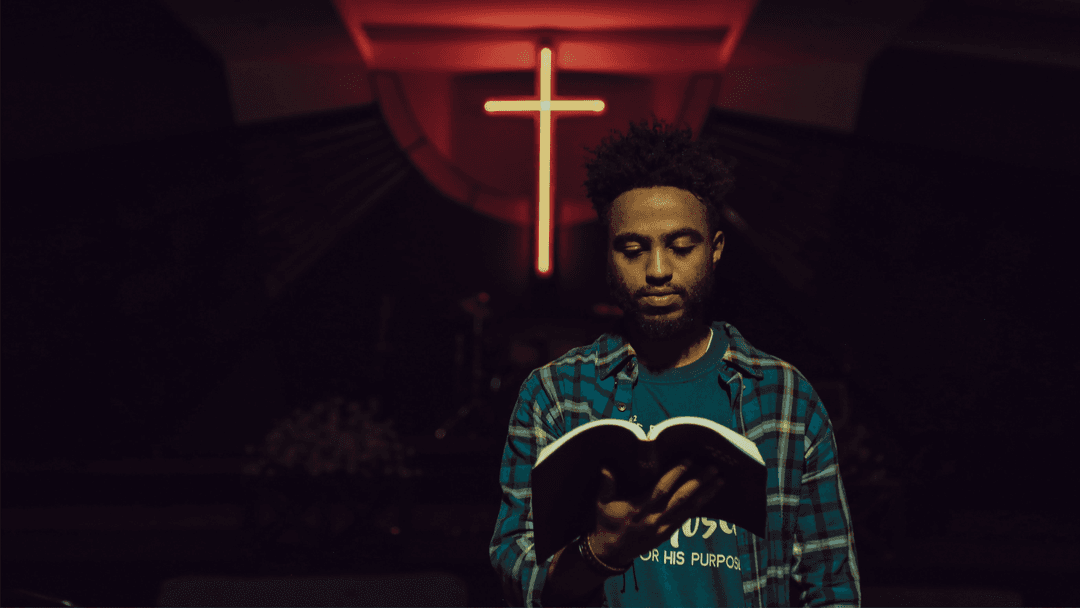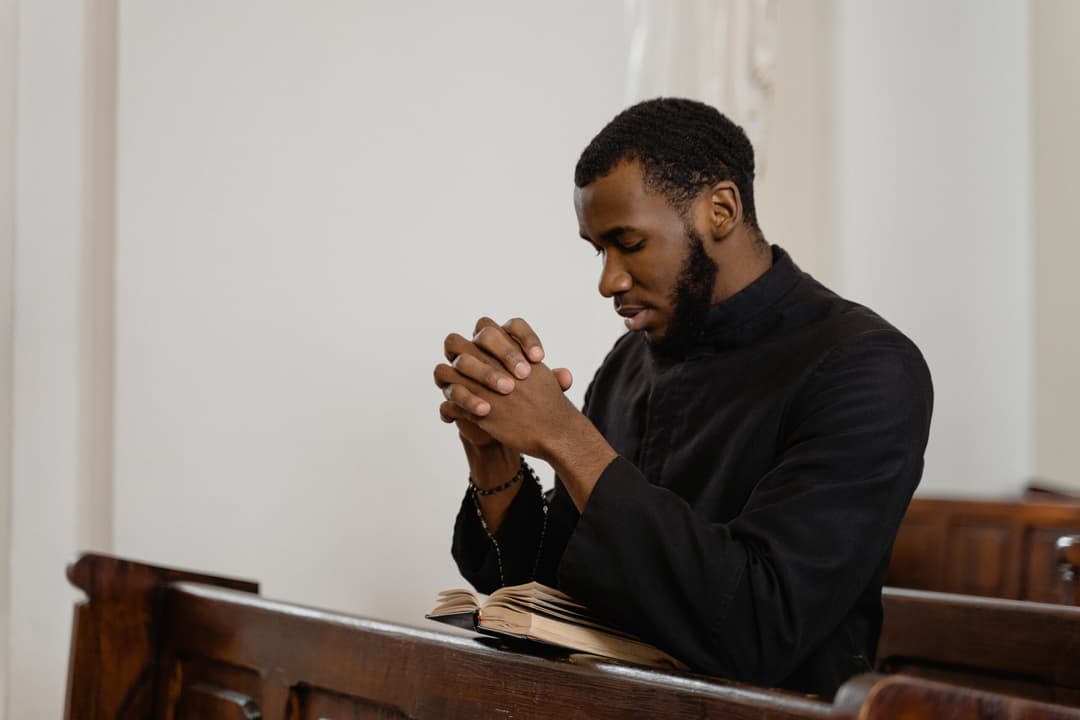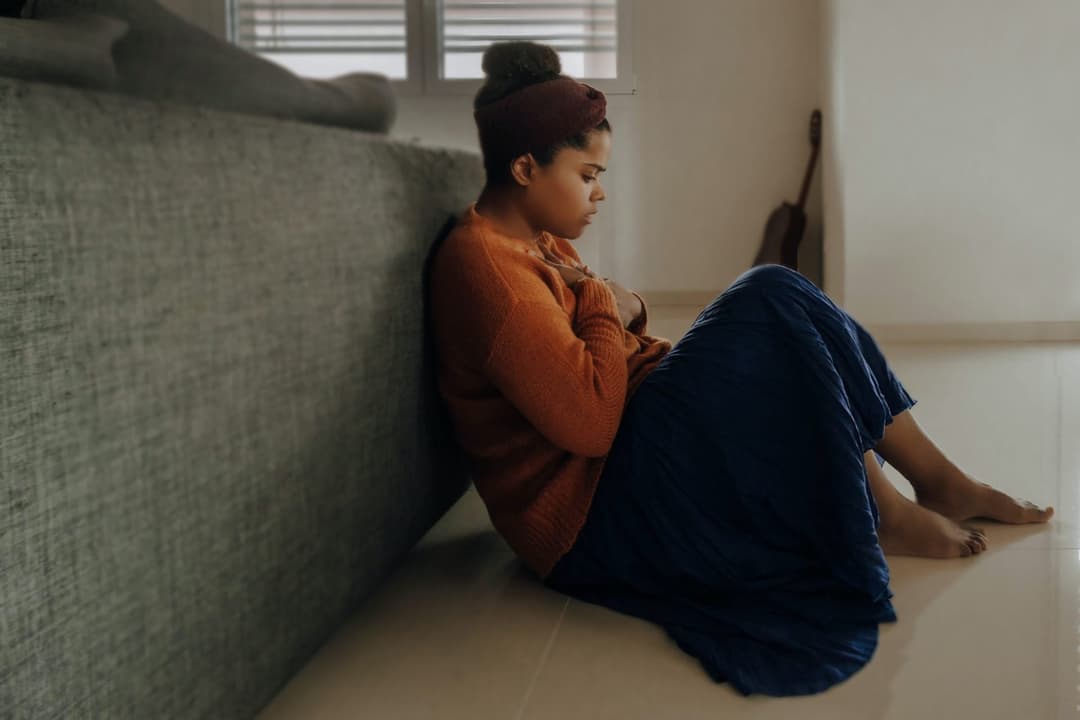Black church provides sanctuary, support for youth facing mental health challenges
May 28, 2024
Mental health challenges have become more prevalent among African American teens and young adults. Alarming new federal data gathered by the Pew Charitable Trusts reveals that the suicide rate among Black youth ages 10 to 19 increased 54% since 2018, surpassing that of their White peers for the first time in 2022.
The data shows the need for improved mental health care within Black communities, where systemic inequities and stigma around mental health persist. Despite the overall youth suicide rate trending downwards, the increase among Black adolescents, who have seen a 144% rise in suicide rates from 2007 to 2020, underscores the urgent need for community-based solutions.
RELATED:
- Stigma, shortage of psychiatrists further exacerbates mental health disparities in the Black community
- Communities of color break down stigmas, prioritize self-care for Mental Health Awareness Month
- Mental Health Awareness Month highlights disparities and stigma in the Black community
- Caleb’s Kids supports the mental health of middle, high schoolers during Suicide Prevention Month
- Ministers’ mental health takes center stage during Mental Health Awareness Month
As part of Mental Health Awareness Month, the “Black Church in Detroit” series explores the church’s role in providing safe spaces and promoting mental wellness. Host Stephen Henderson talks with Minister Mikiah Keener of Triumph Church and Ashley Lewis, a student at the Ecumenical Theological Seminary and member of Fellowship Chapel. They discuss the factors contributing to the rise in mental health issues among Black youth, including the impact of social media and artificial intelligence.
Lewis also shares a personal account of her teenage son’s struggles with bullying and emphasizes the importance of the church in cultivating a positive identity for Black children. She also addresses the deep-seated hesitancy within the Black community to seek mental health care, rooted in cultural mistrust and stigma.
Plus, Keener highlights the church’s role in intervening during mental health crises by offering a caring ear and necessary resources, and the possibility of churches creating religious apps and social media platforms that could cultivate young people’s growth.
Stay Connected:
Subscribe to Detroit PBS’ YouTube Channel and don’t miss “American Black Journal” on Tuesday at 7:30 p.m. and Sunday at 9:30 a.m. on Detroit PBS, WTVS-Channel 56.
Catch the daily conversations on our website, Facebook, Twitter and Instagram @amblackjournal.
View Past Episodes >
Watch American Black Journal on Tuesday at 7:30 p.m. and Sunday at 9:30 a.m. on Detroit PBS, WTVS-Channel 56.
Stay Connected
Subscribe to Detroit PBS YouTube Channel & Don’t miss American Black Journal on Tuesday at 7:30 p.m. and Sunday at 9:30 a.m. on Detroit PBS, WTVS-Channel 56.
Catch the daily conversations on our website, Facebook, Twitter, and Instagram @amblackjournal.
Related Posts
Leave a Reply
Your email address will not be published. Required fields are marked*


